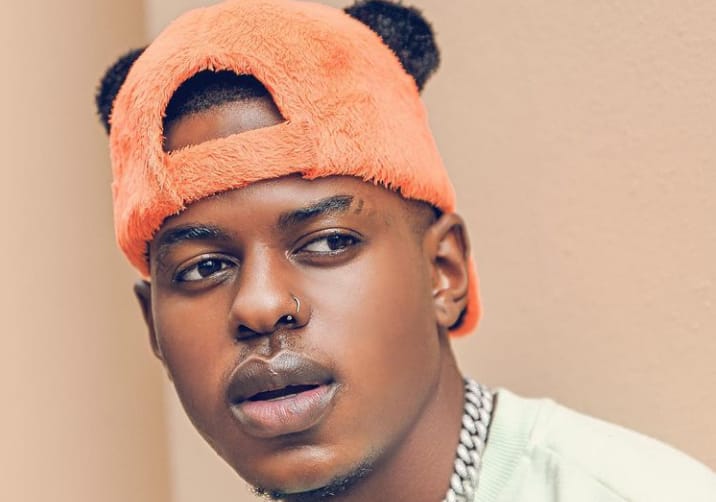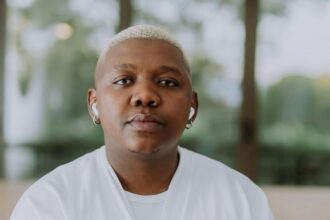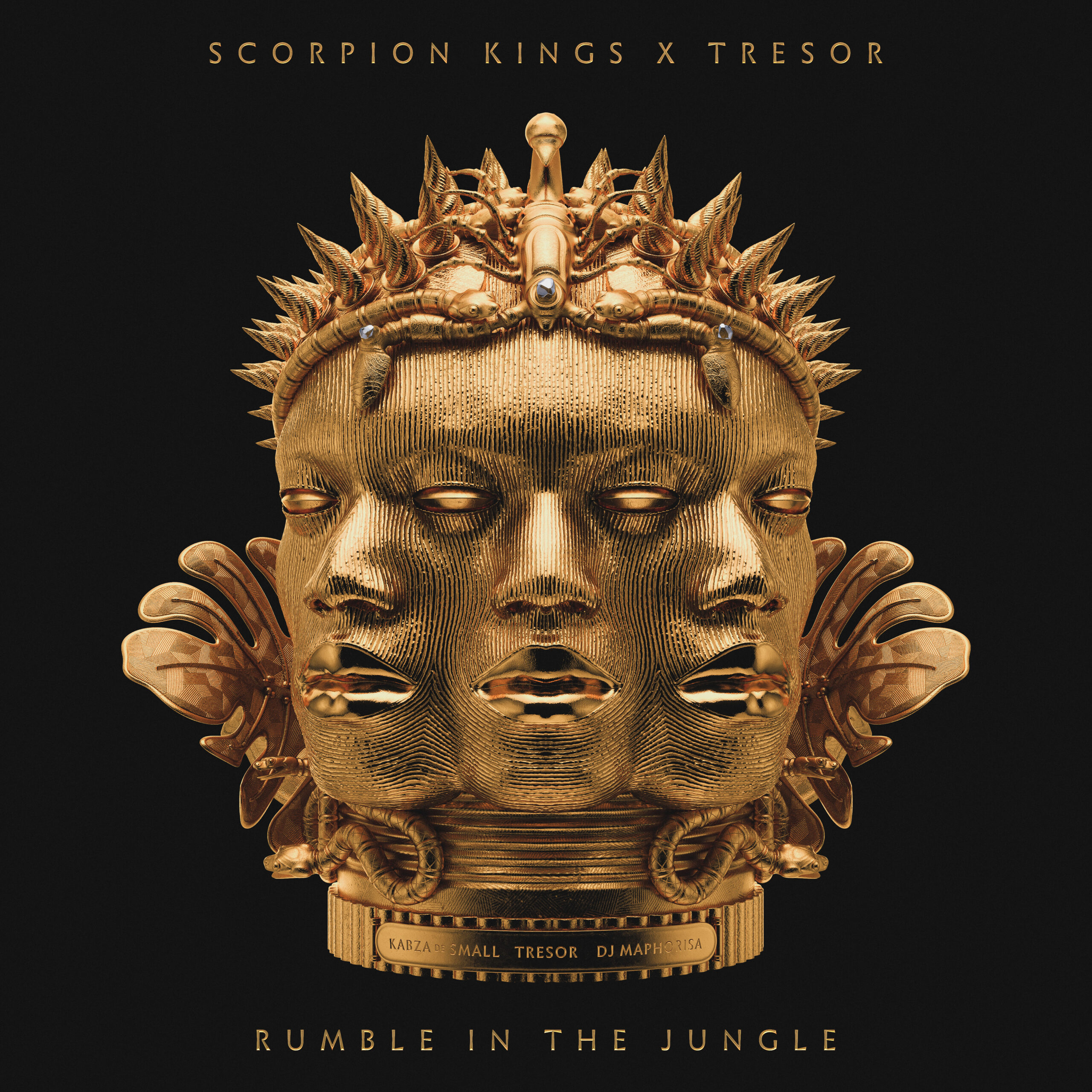Musa Keys On What Inspired His ‘Kurukutjis’ Mumbling Style Of Singing. Born Musa Appreciate Makamu in Giyani and raised in Polokwane, Limpopo, is a triple threat: he produces, DJs, and sings. His live performances are a marriage of these art forms and are usually broken up into two parts. He plays an electrifying DJ set before seamlessly switching to render a mesmerising, auto-tune-delivered vocal display.

Musa Keys, just like most amapiano artists has tried to set himself apart from the rest by introducing his mumbling style of singing. Speaking on how that came about and what inspired him, the star said: “Initially, I was tryna teach myself how to write. I found it super difficult to write right from the beginning, like creating a flow from the get-go. So I was like, you know what let me just mumble around, create flows first and then re-record. Just record mumbles and stuff, off vibes, then whatever I like, place it together and then change those things to words. So when I was making ‘Samarian Boy’ that’s what was happening. That was also my first time singing that high, I had never sung that high before. Normally, I would just [sing on a low register]. I never believed that my voice could do that.”
“I think with ‘Vula Mlomo’ I understood it before I could even drop it. What happened with the “kurukutjis” [the chants], I understood this could make sense because my fans understand my language, which is mumbling. I have so many hit songs that don’t say anything or people don’t understand. On ‘Possible’, the “saba labala…”, people don’t know what that means but it’s something dope, something they sing along to. ‘Selema (Po Po)’, people don’t know what it means but ’til today they like it so much. I think for me I’ve just firmly believed so much in being able to translate music without language. Basically, I’m trying to kill the language barrier, regardless of the language I need the music to make sense to you,” he added.
Towards the tail end of 2021, Musa released his debut album ‘TAYO’, which translates to “source of joy” in Yoruba. The opener ‘Selema (Po Po)’ has since gone on to be a standout and has received the remix treatment from Nigerian singer Victony. In between continental and international tours, the self-professed ‘Tsonga Michael Jackson’ has scooped up a GQ Best Dressed Celebrity award and got nominated for an MTV EMA and an AFRIMMA (African Muzik Magazine Award).
Speaking on his journey, Musa said: “I think, in this day and time, it’s no longer that hard to break into the amapiano scene, but staying and consistently being relevant is the hardest part. Right now it’s as easy as finding a popular guy and making music for them, ‘cause some of them don’t produce the music themselves. As a producer, you could just simply find one [established act], and the truth is we are all looking for people to help us build. But I produce my own music, I sing on my own music, I mix and master my own music, and I’m an all-around musician. I am a powerhouse. I can do it all by myself.”
‘I also believe in fashion so much. I feel like fashion is ever-lasting. It doesn’t have boundaries. It doesn’t have seasons that run out and people never go back to it. As much as it’s the summer season right now [in South Africa], there’s going to be winter [again]. The clothes you were wearing last week you can wear again next year in winter, unlike music. Music is different, music on its own can get old. Music can stay there for two years and people might still not like it two years later. However, the clothes will still be relevant. So I felt like let me use something that I really like, which is clothes, something to stay relevant with. Besides that, I’m never about controversy. I always stay away from controversial stuff.”









